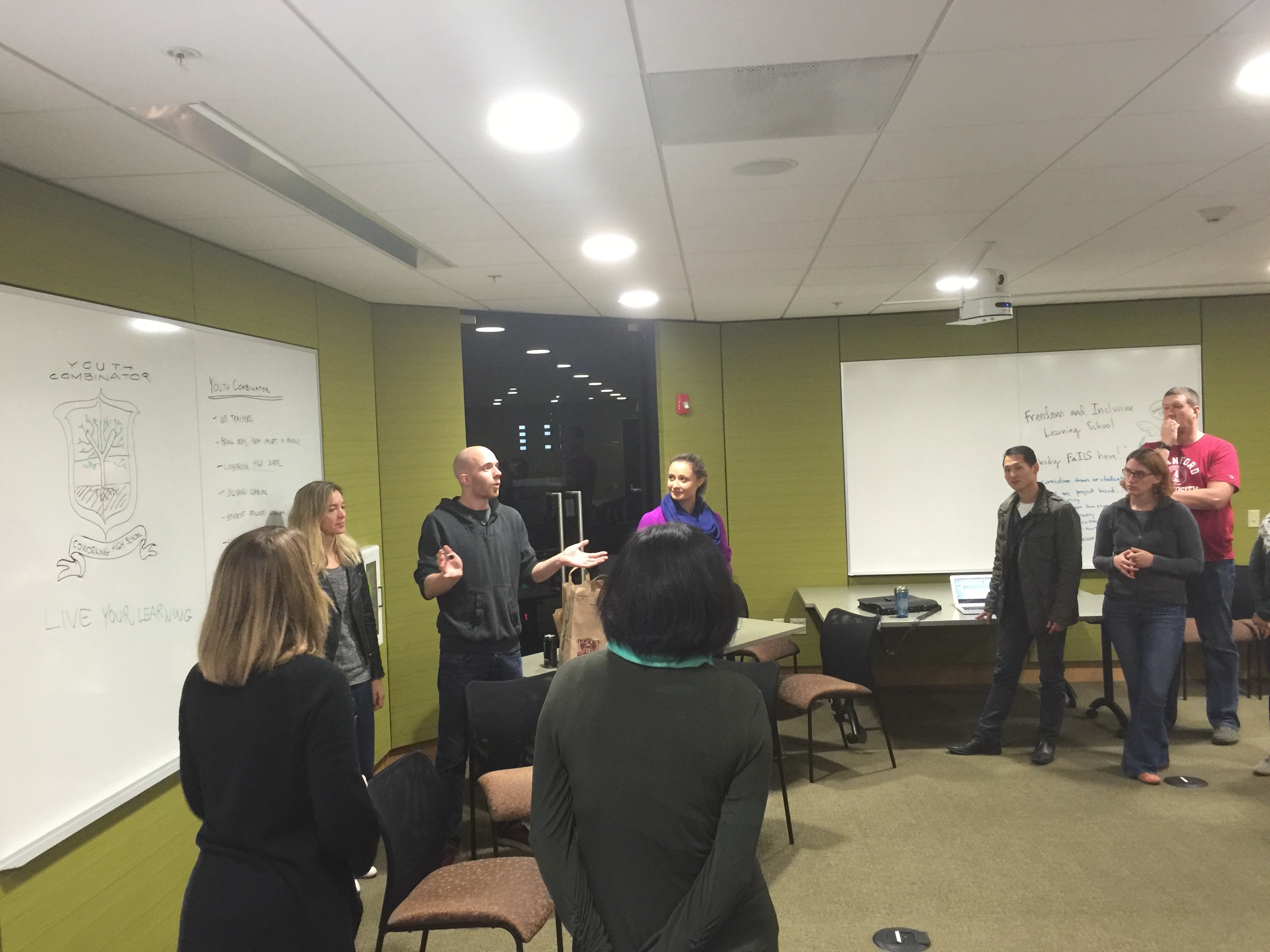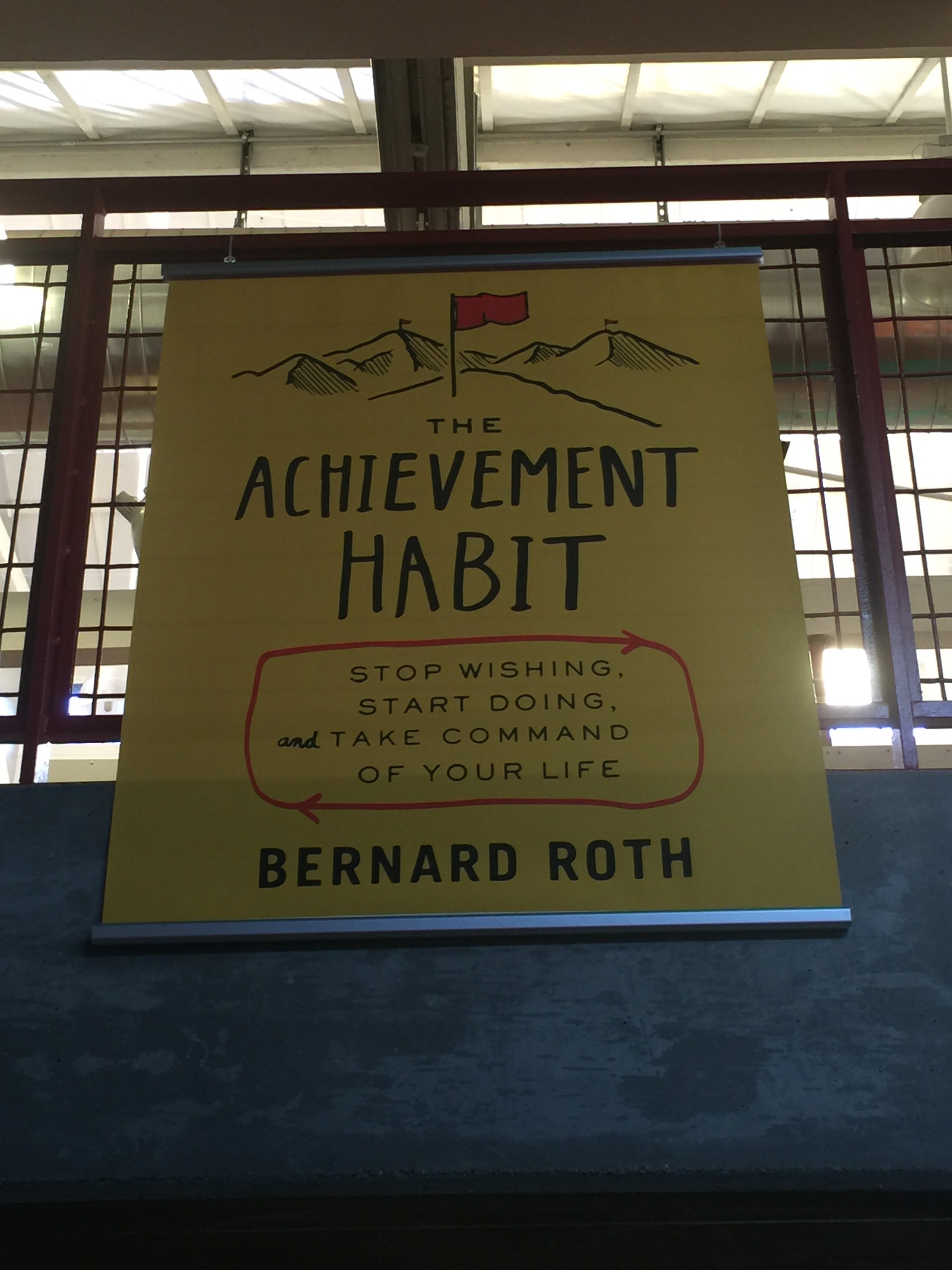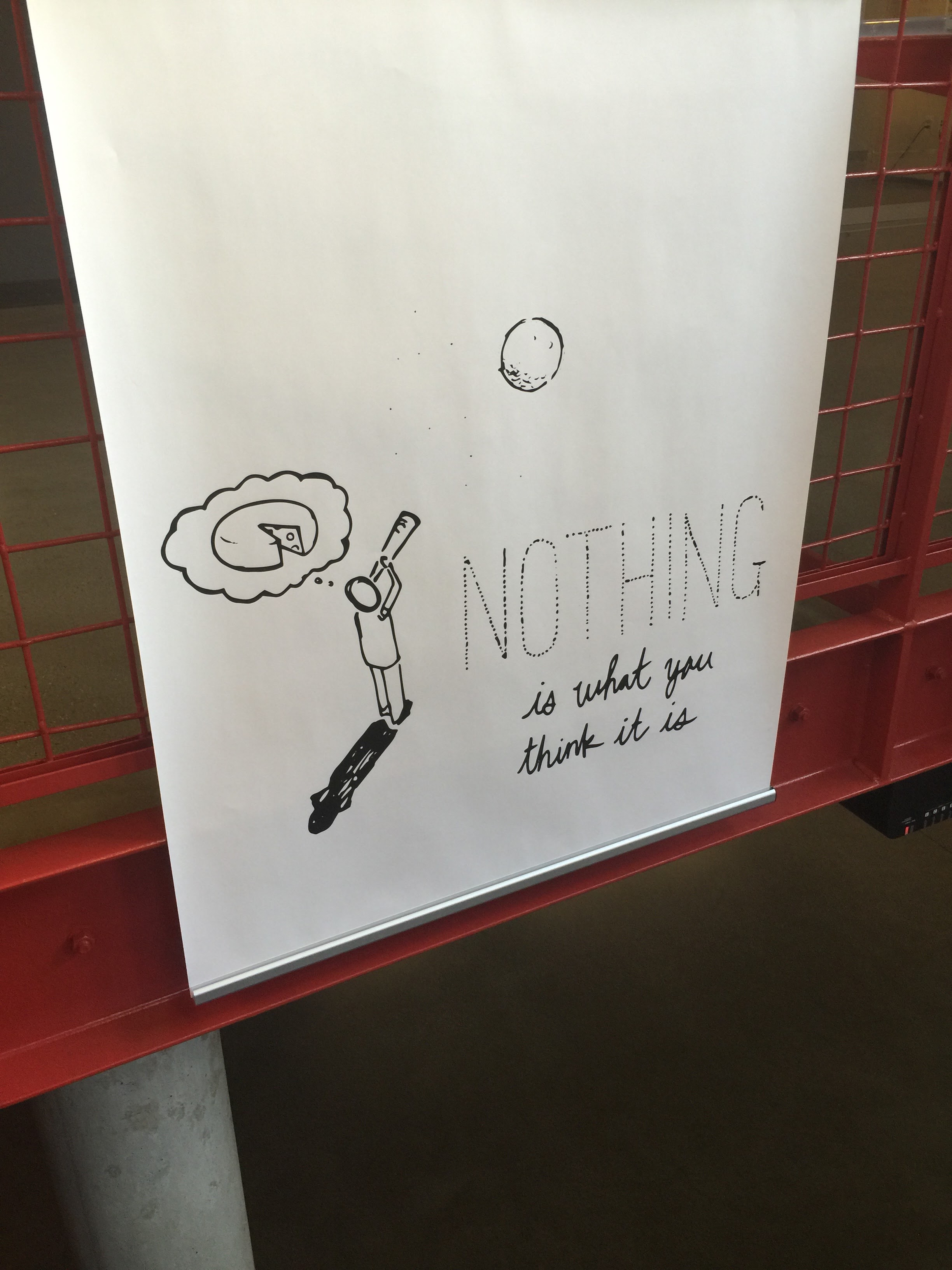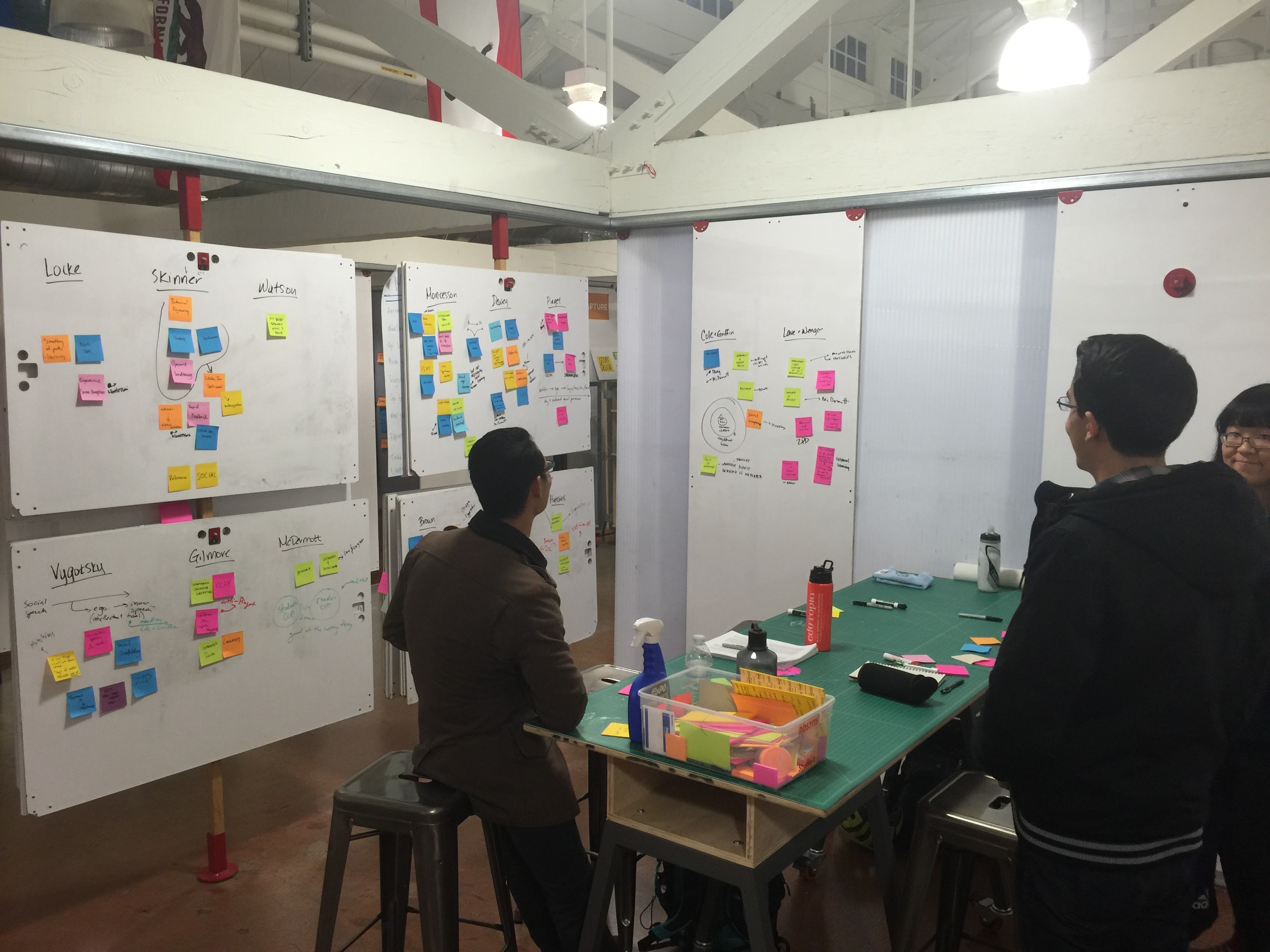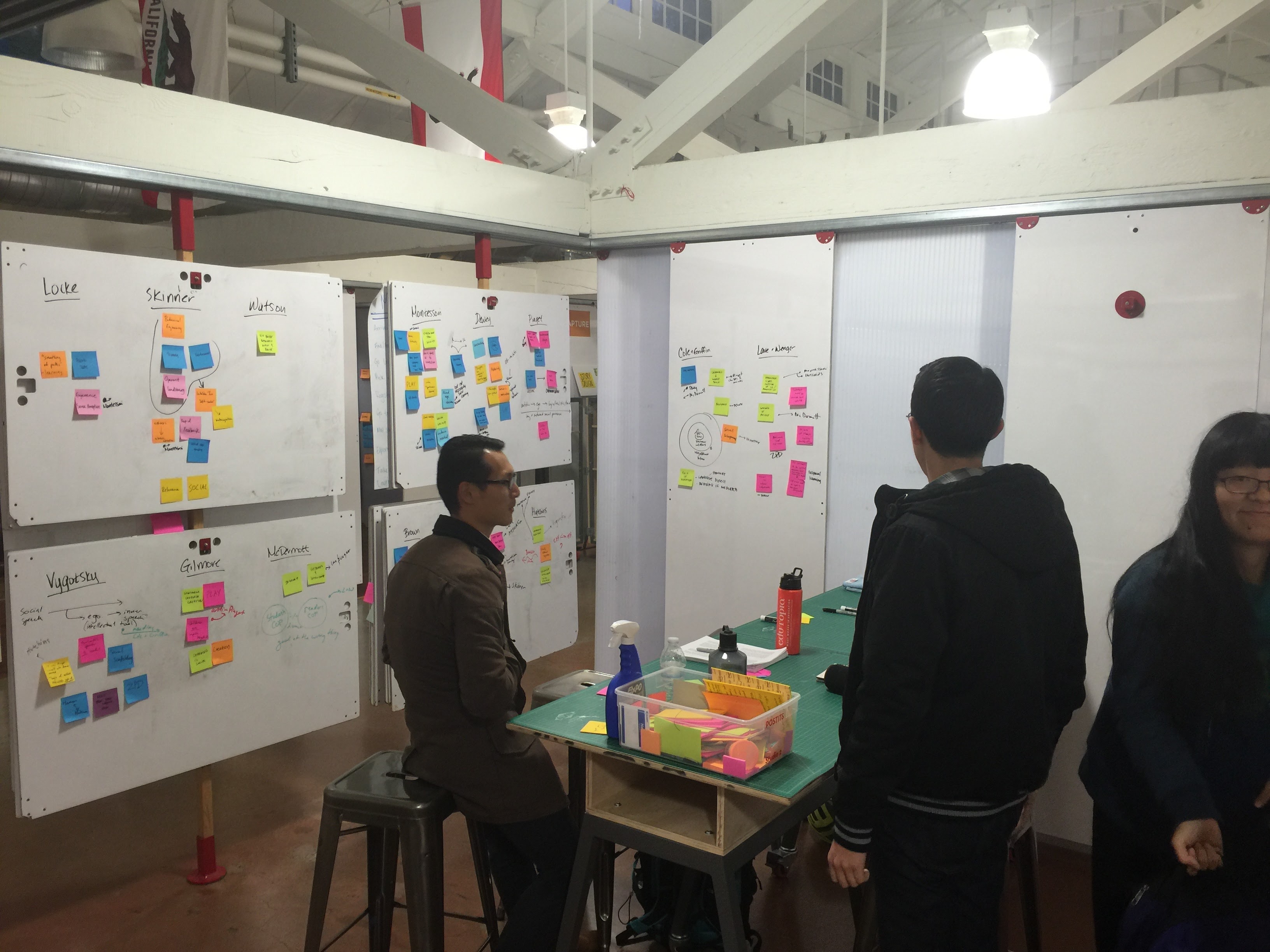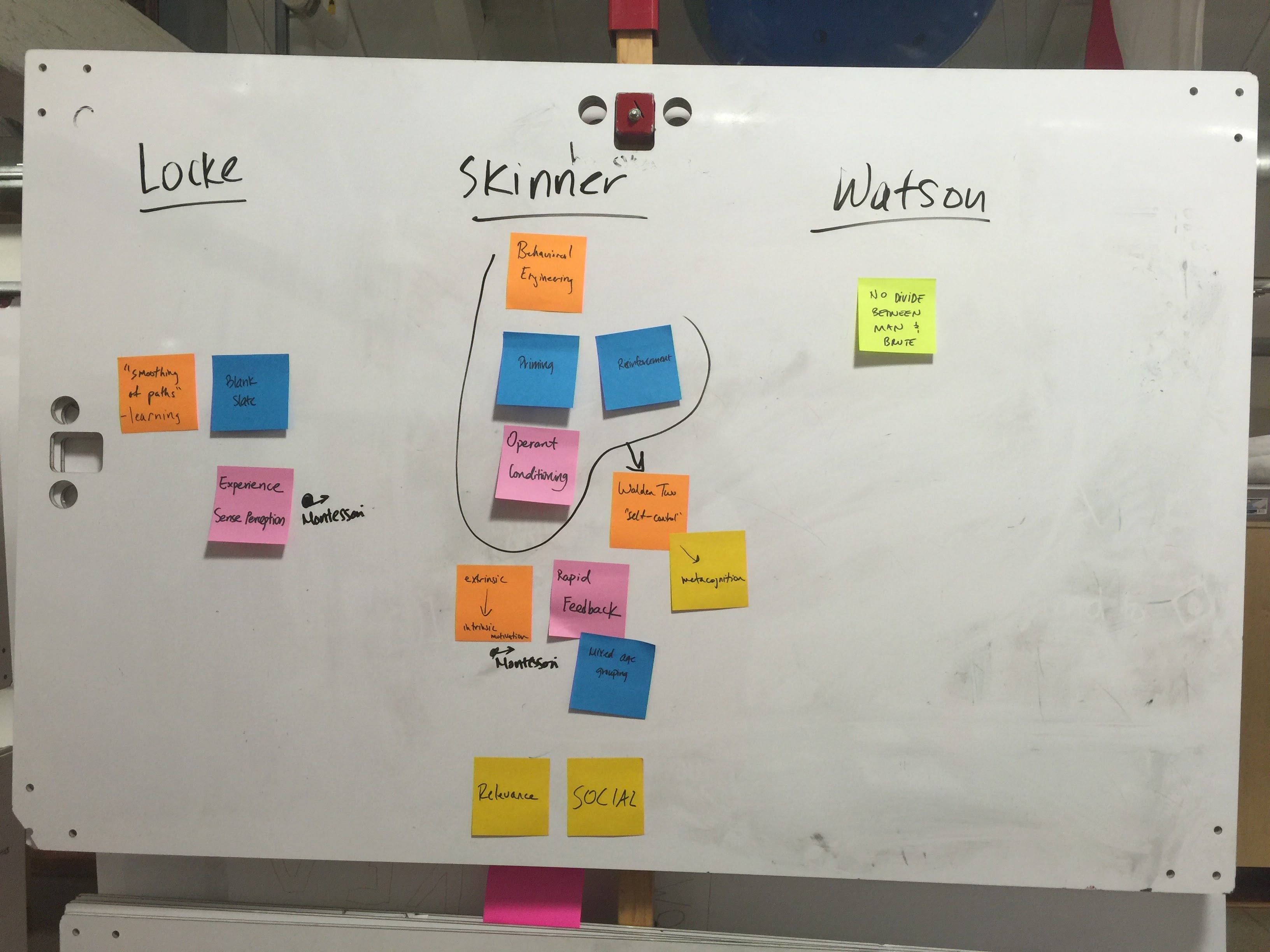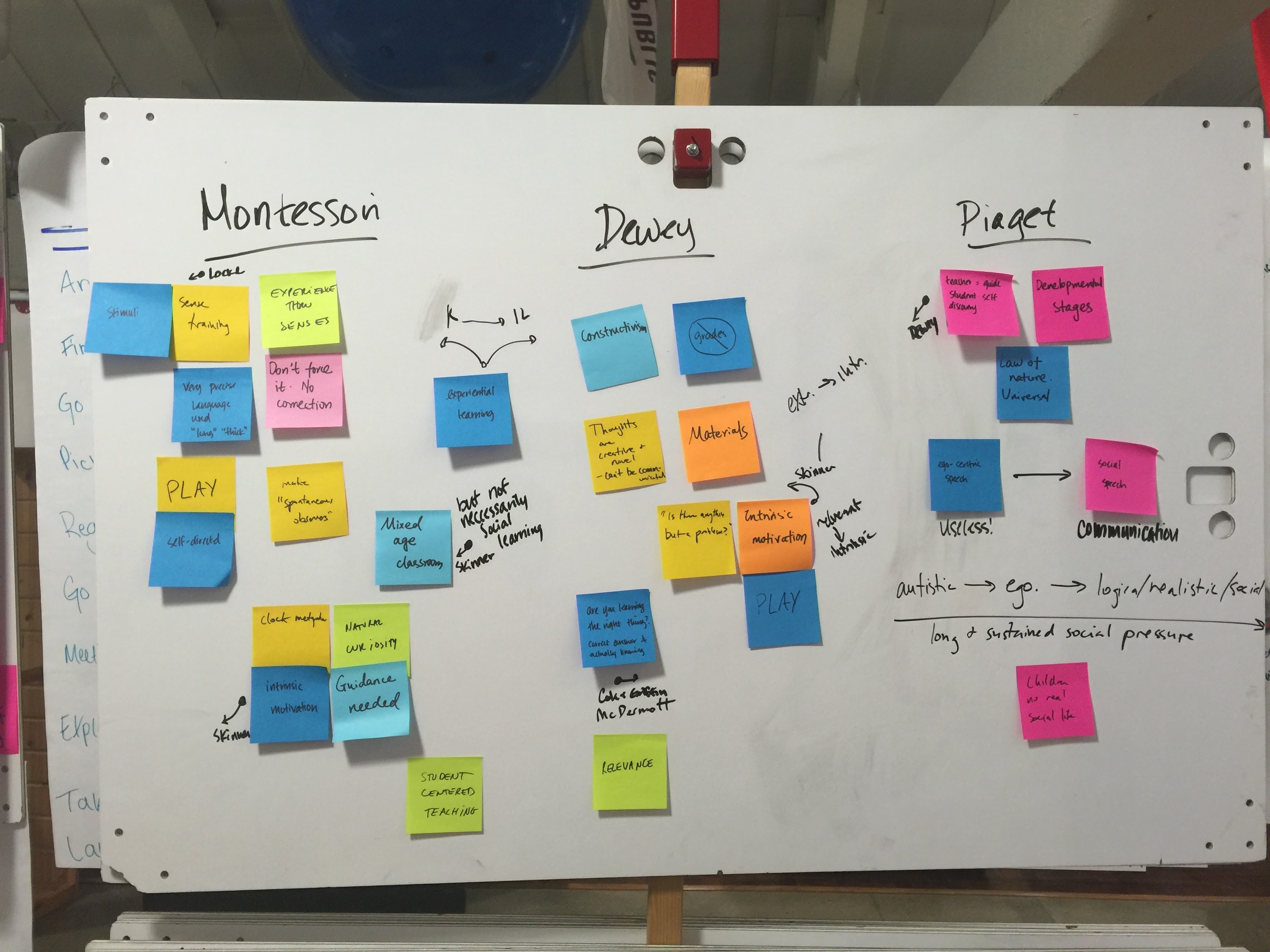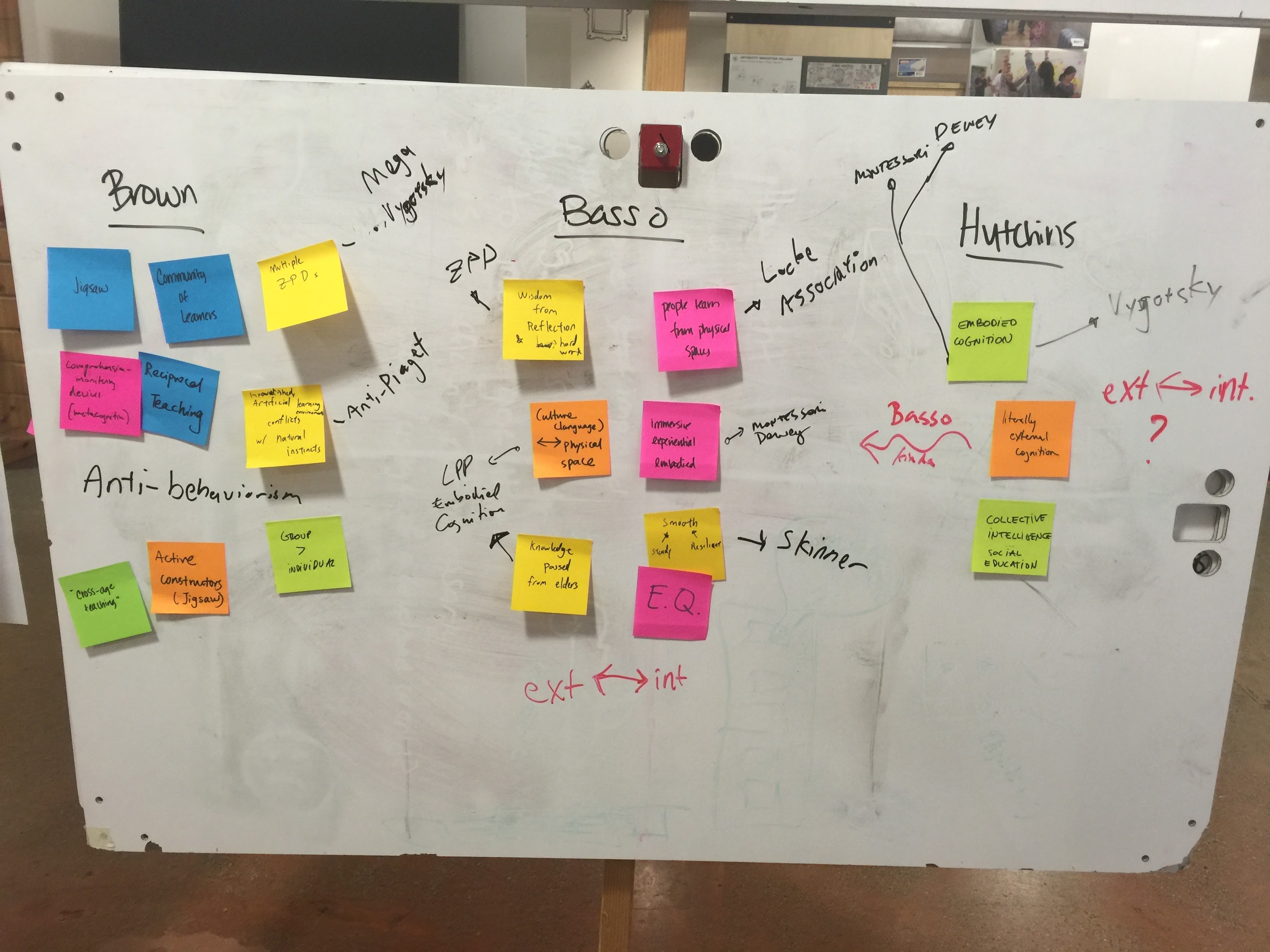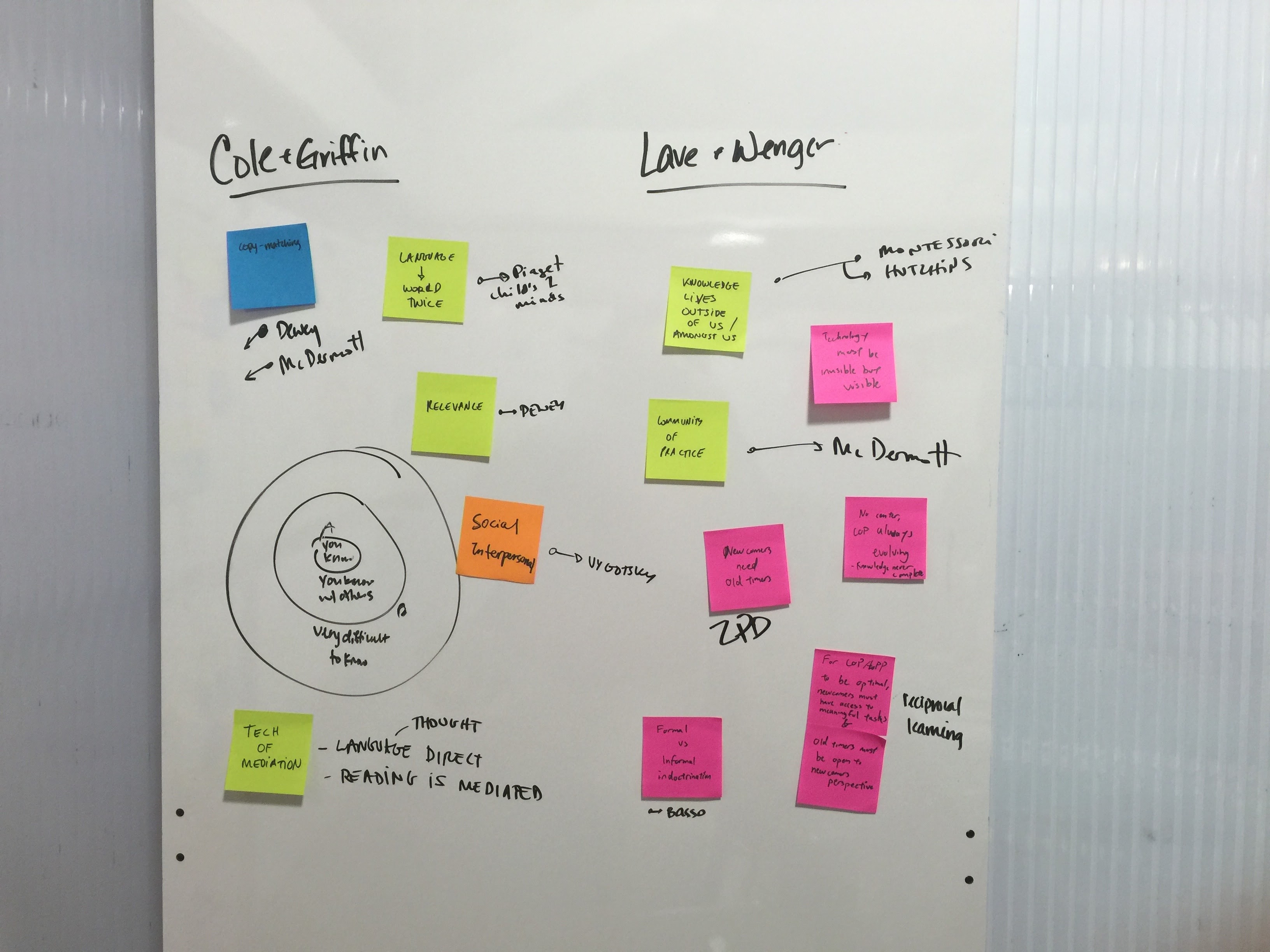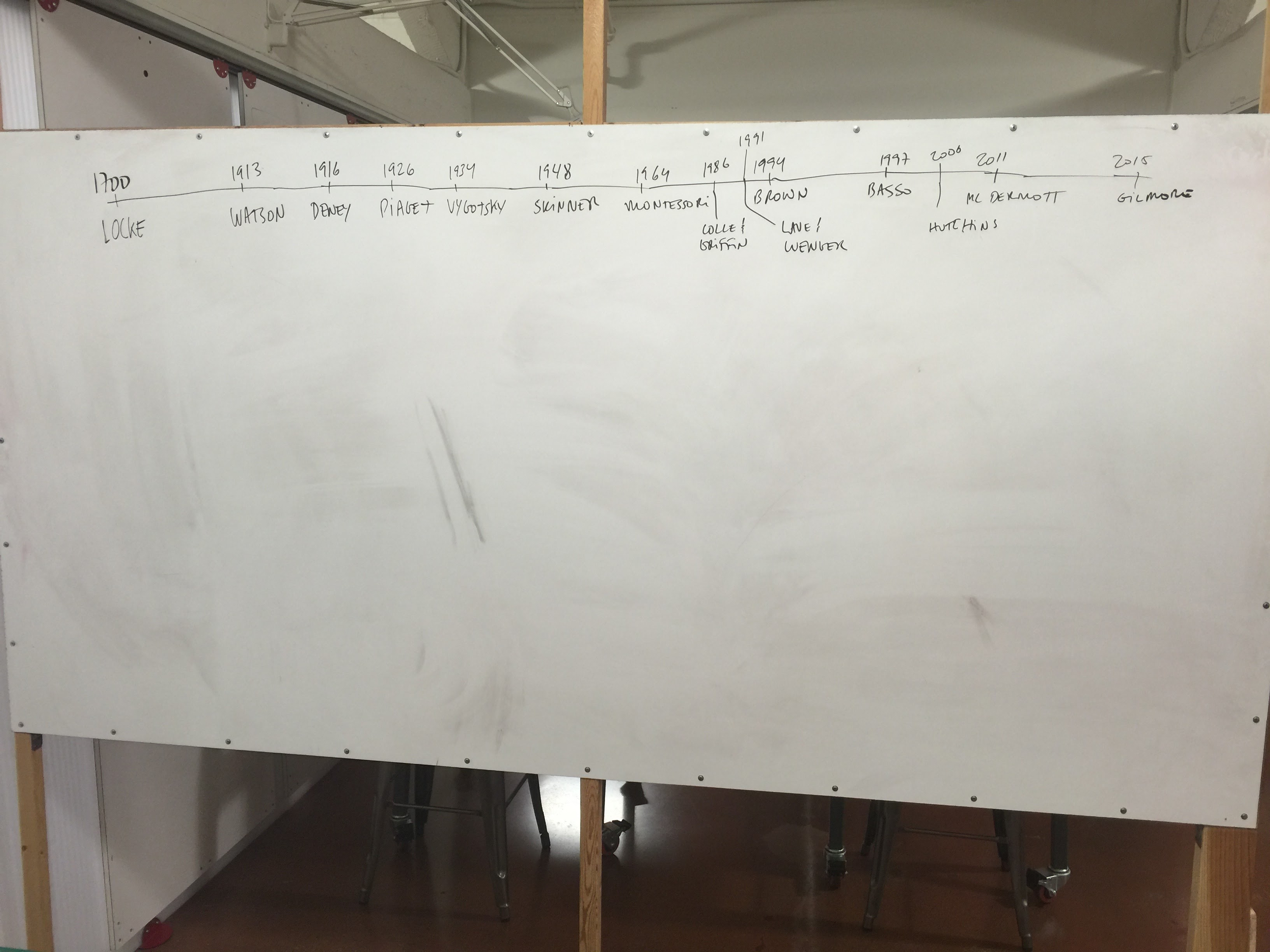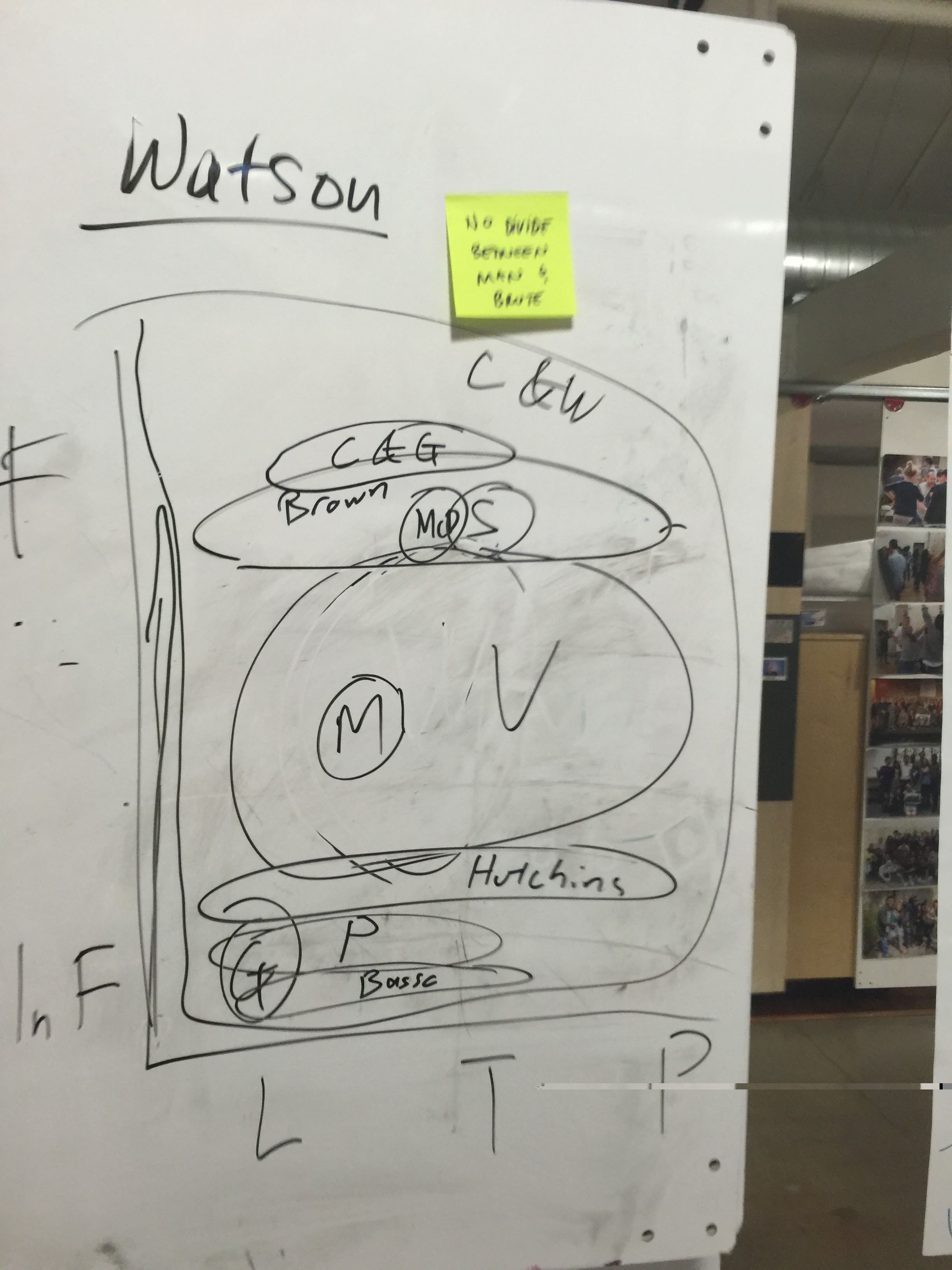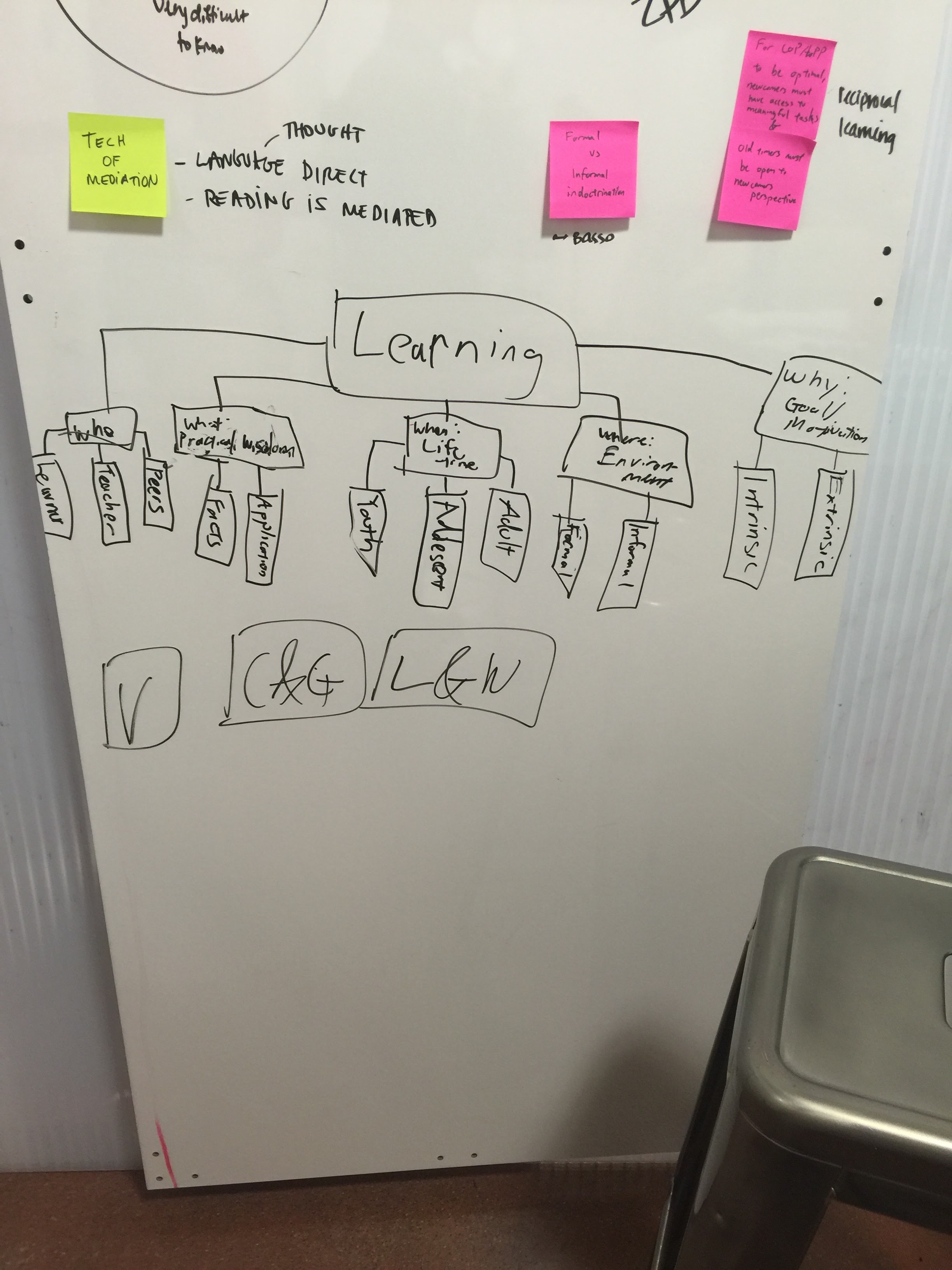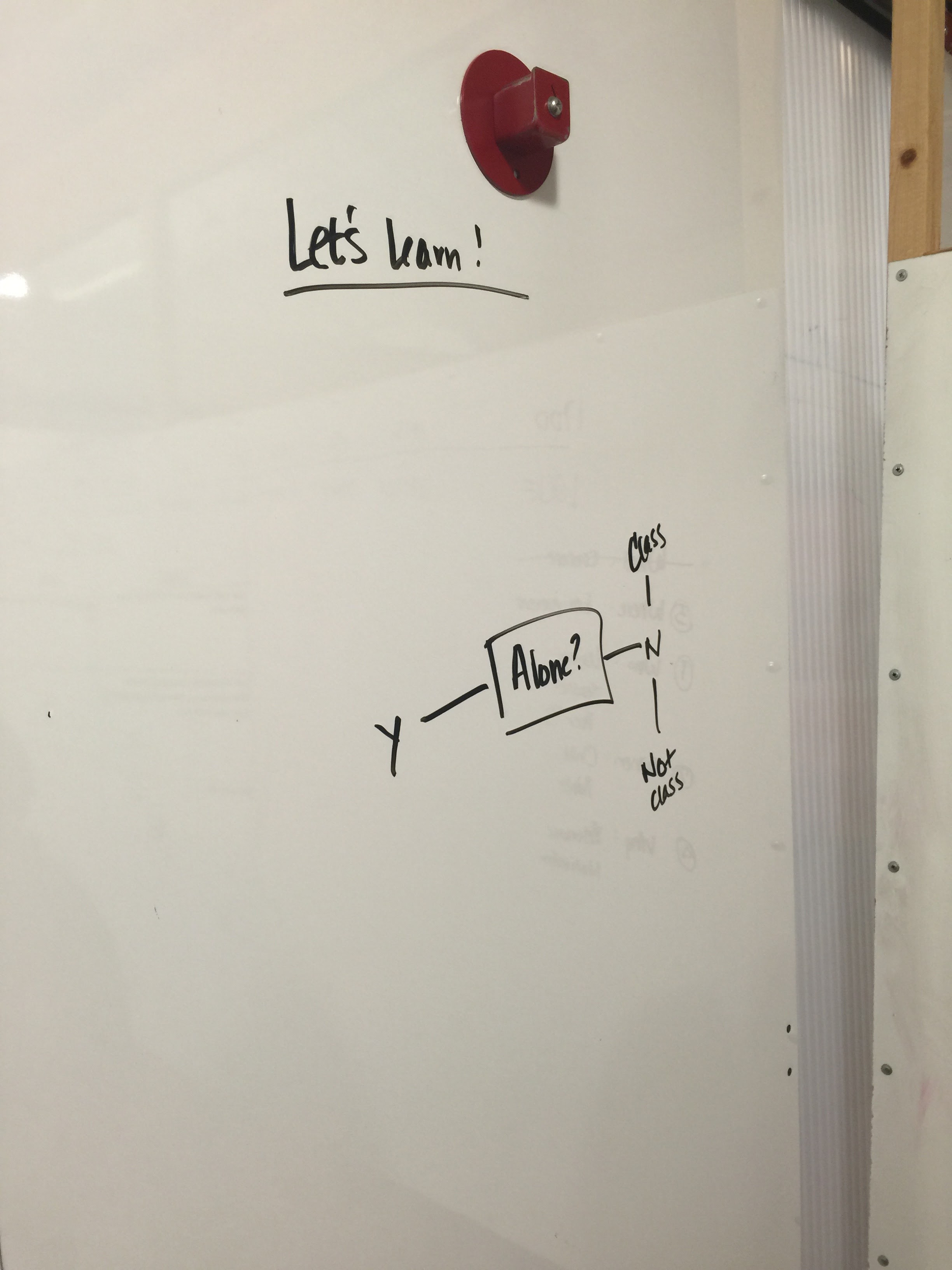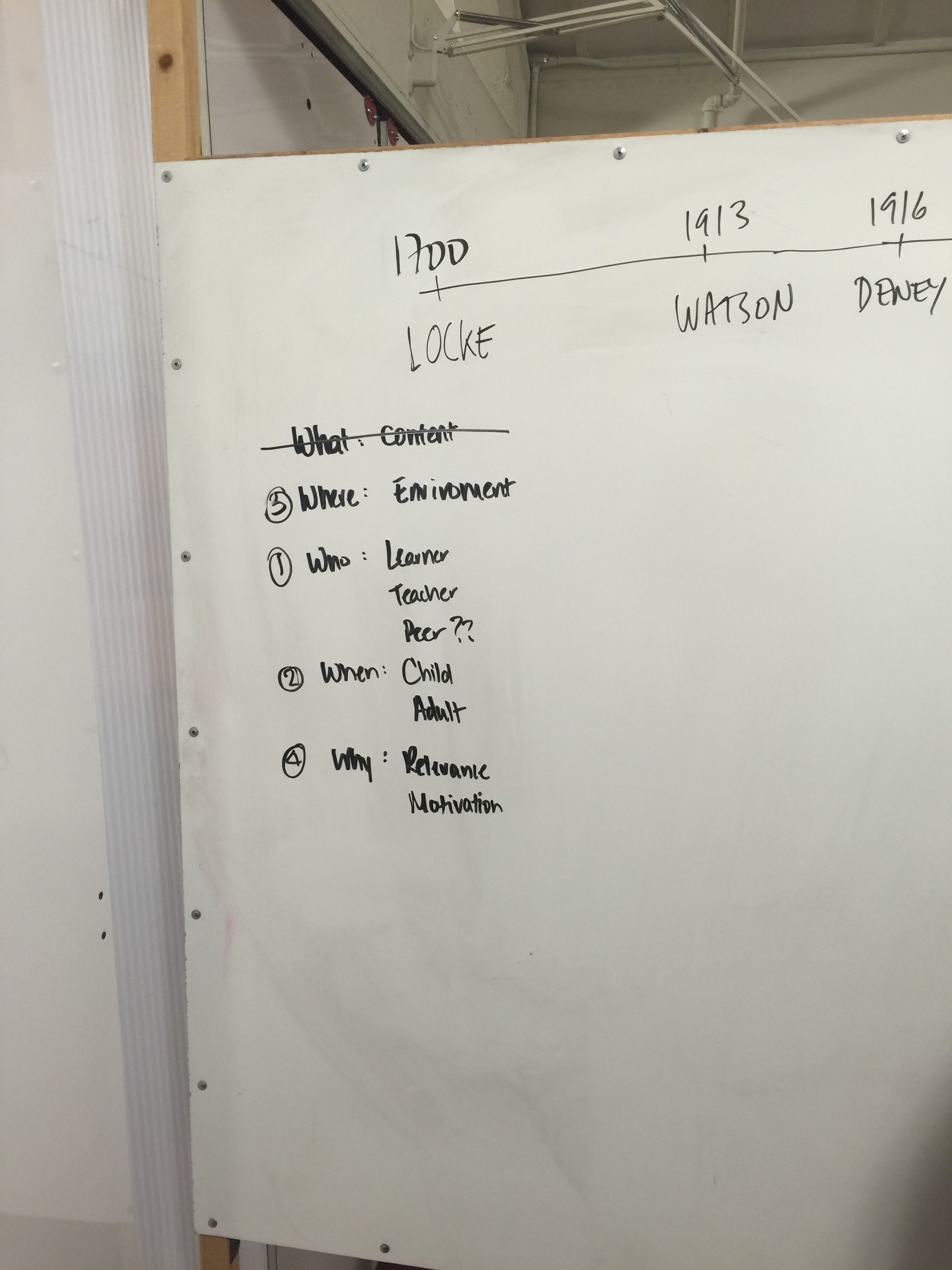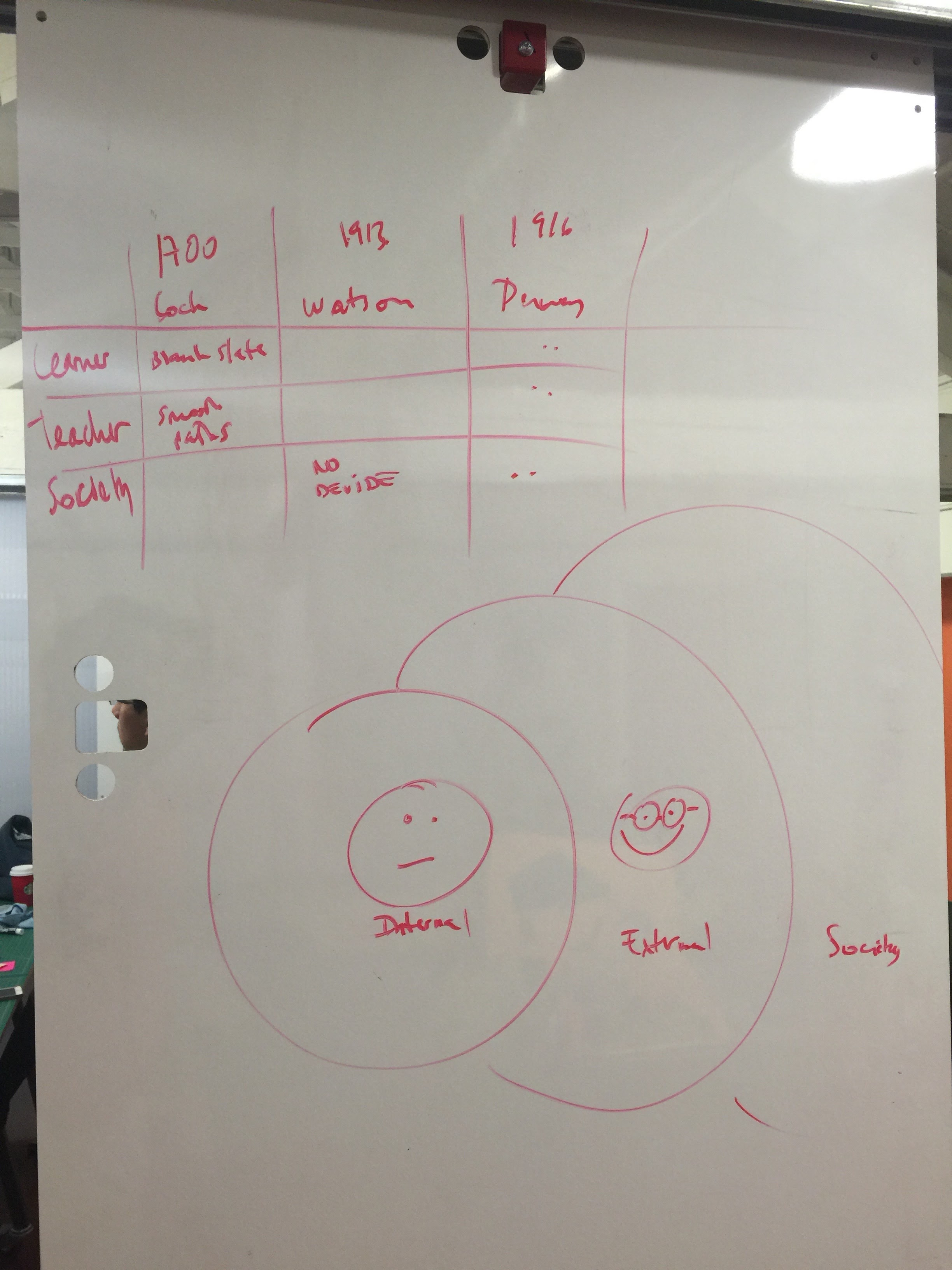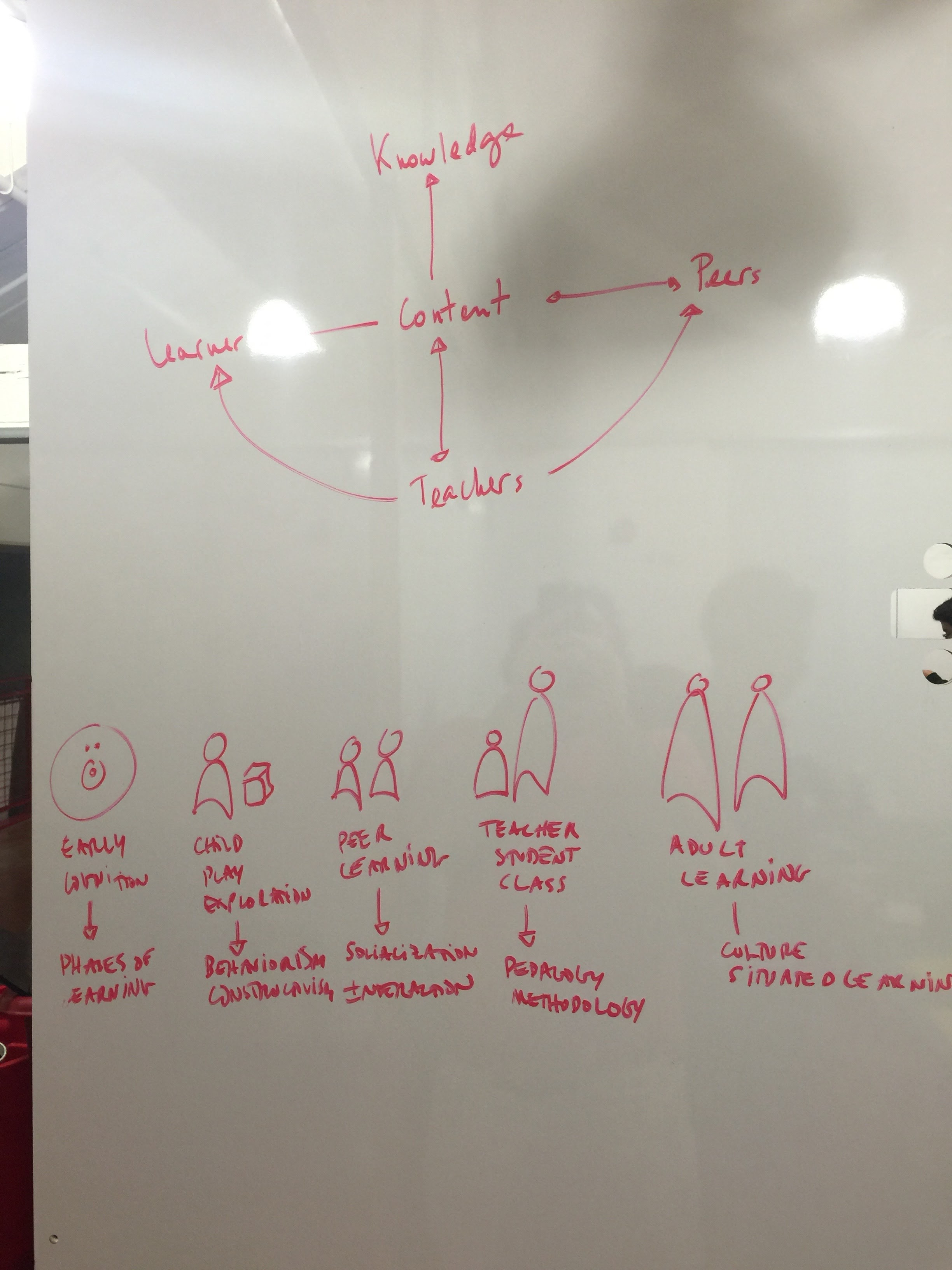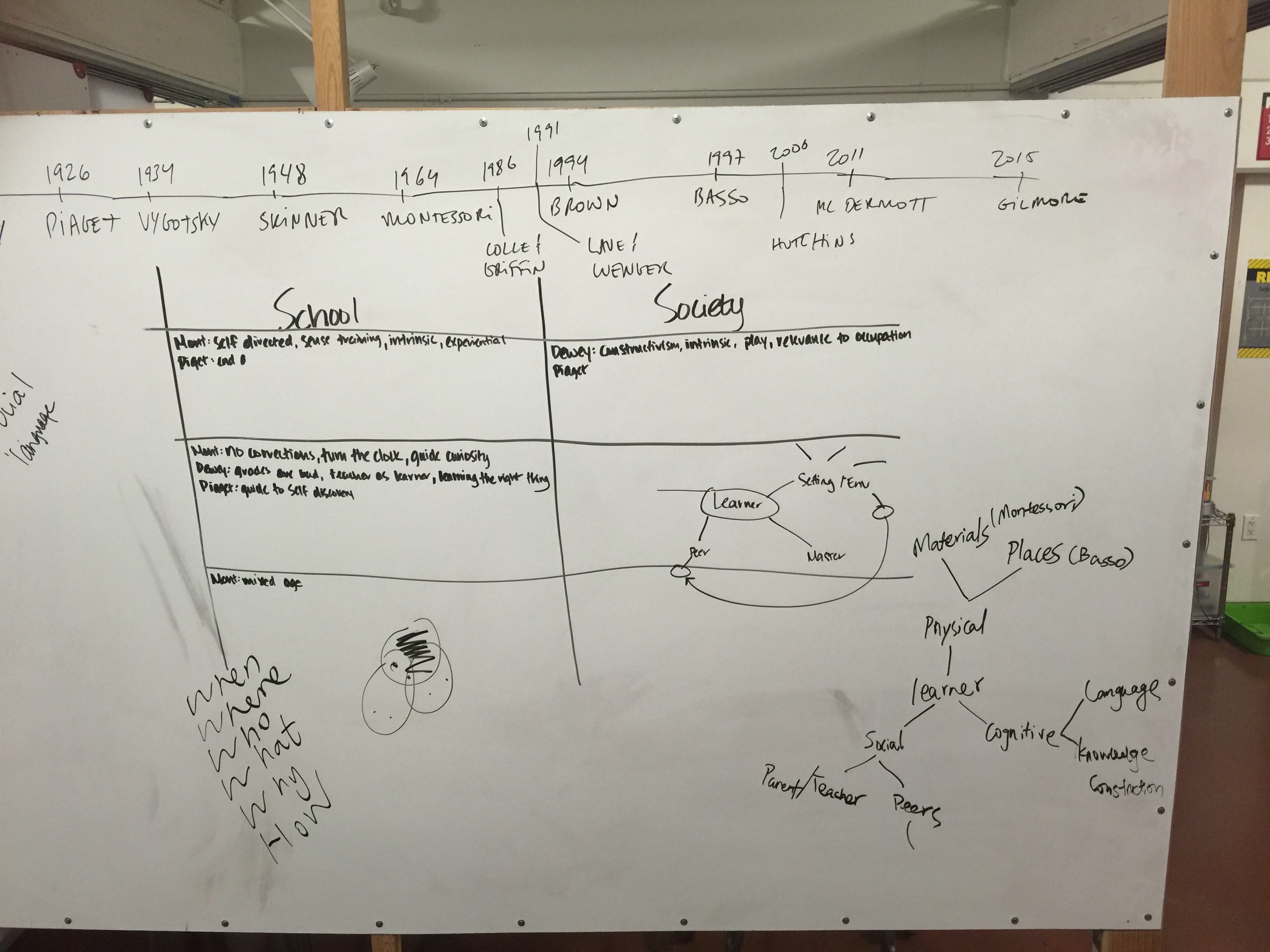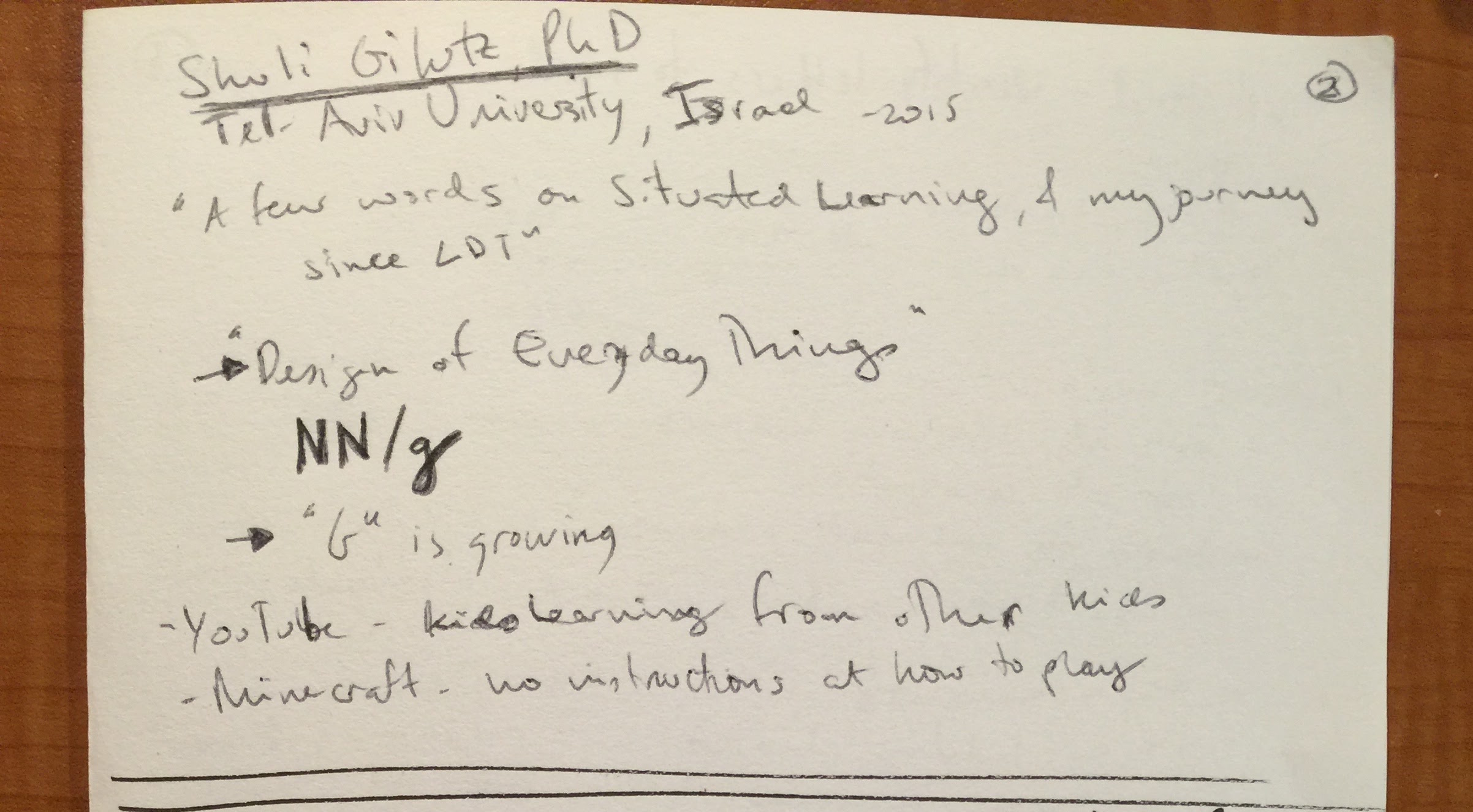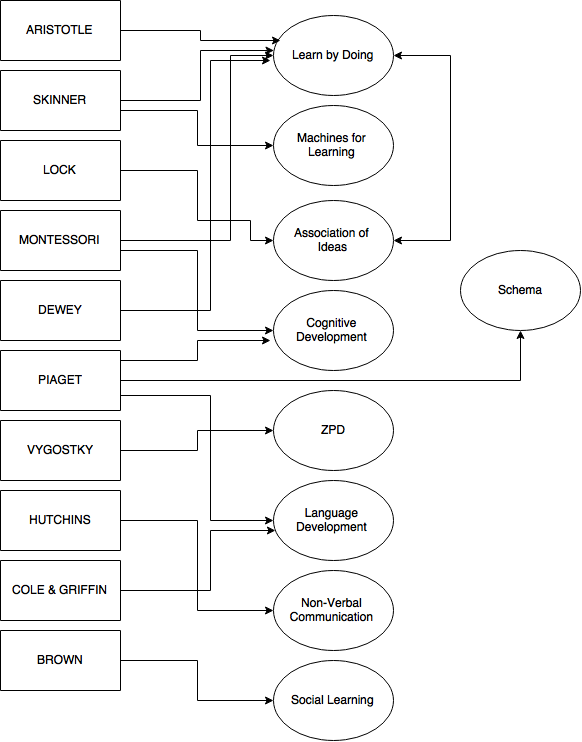Got all the post its from our group meeting, typed them up and created some mind maps… grouping is coming along but I’m thinking about applying the learning theories to the environment I was observing previously.
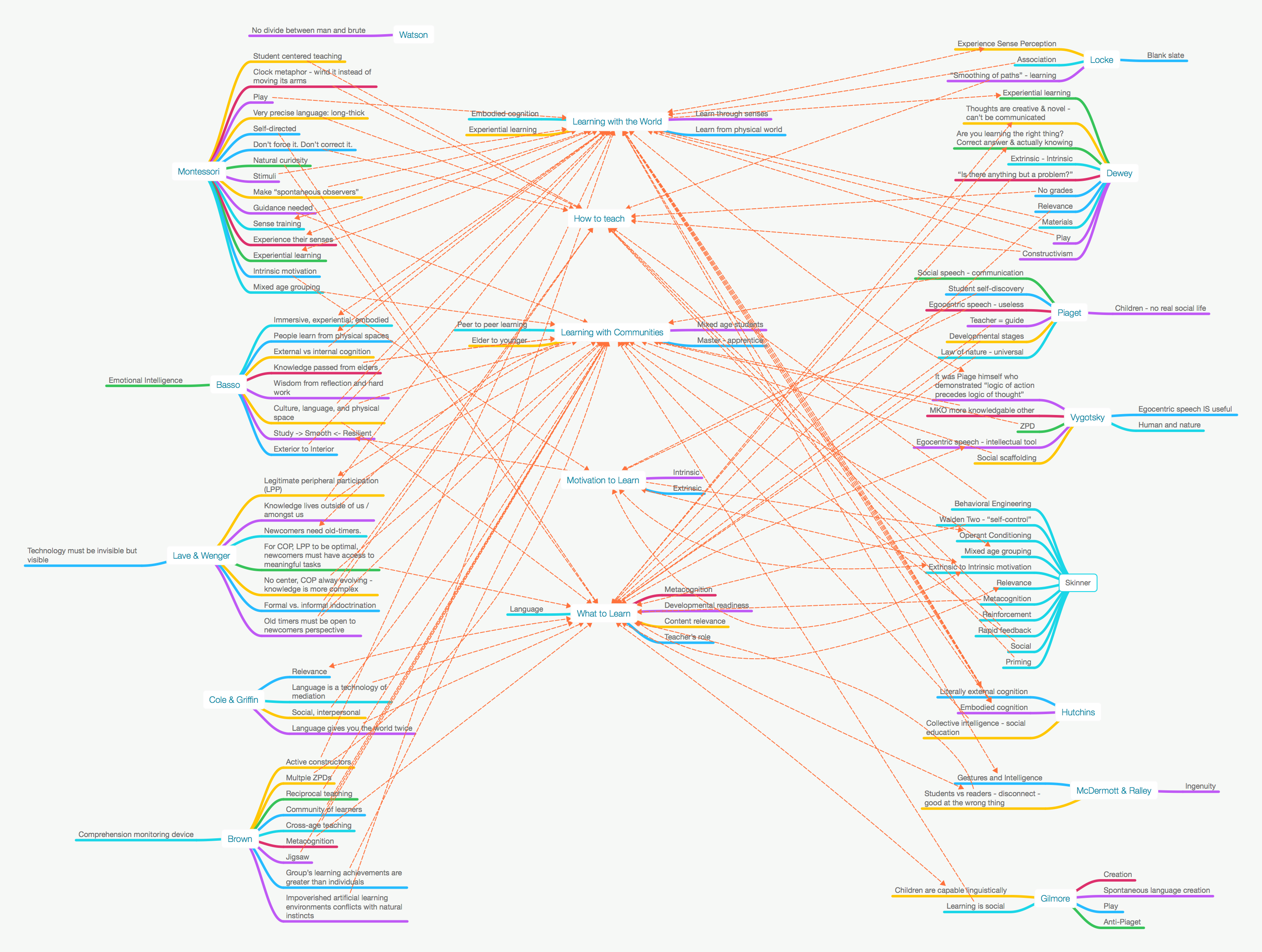
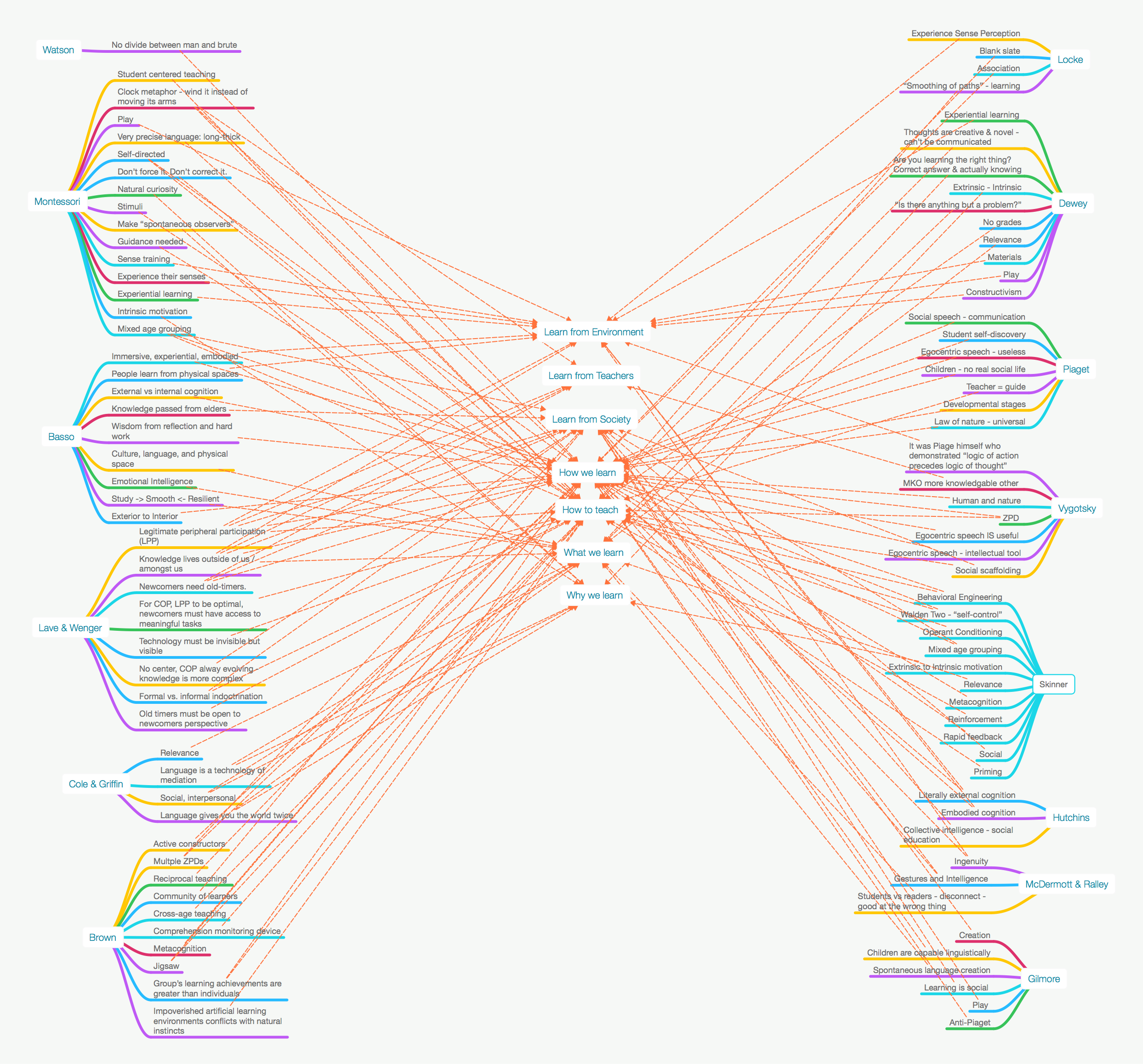
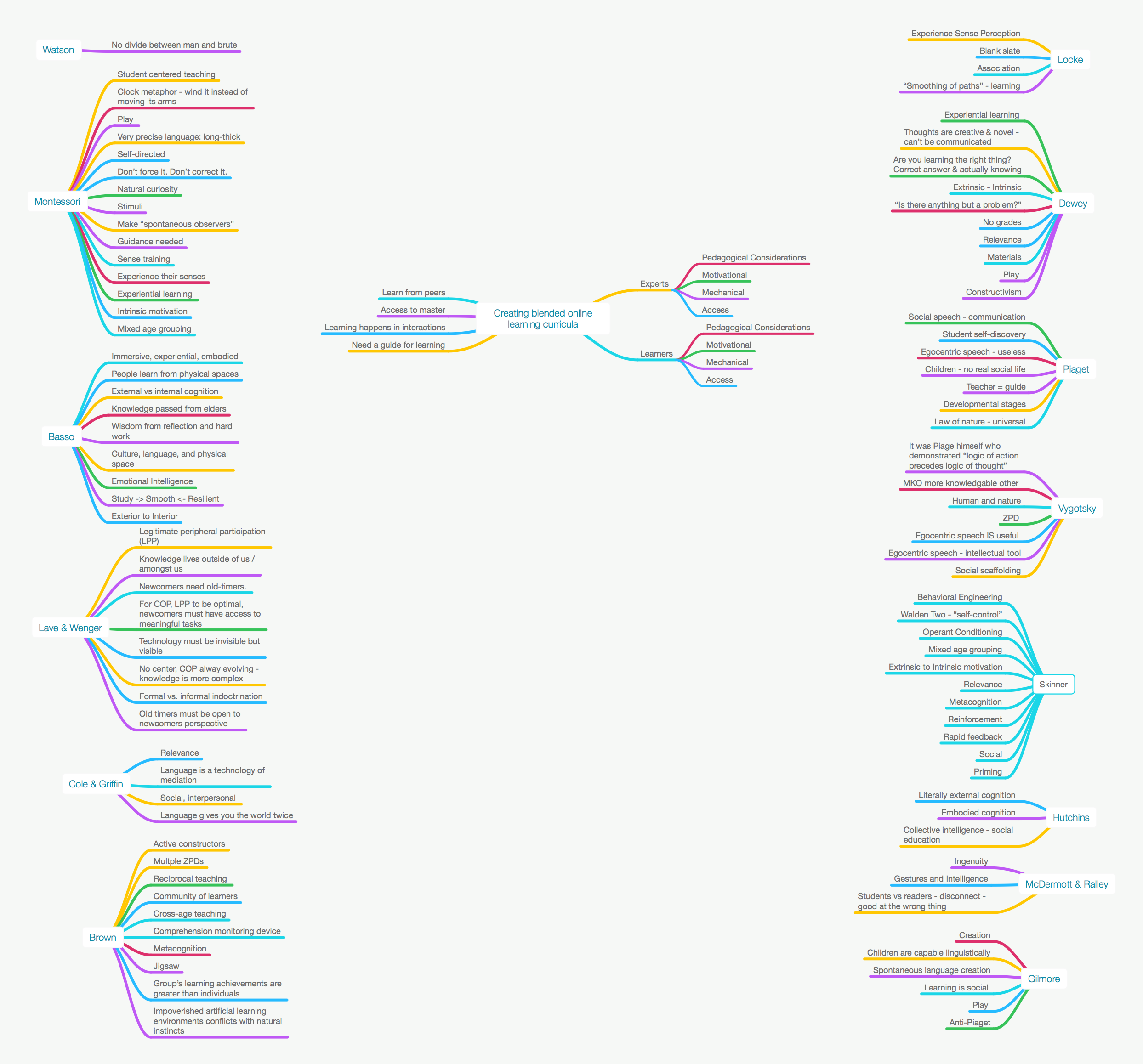
Watson
No divide between man and brute
Locke
Experience Sense Perception
Blank slate
Association
“Smoothing of paths” – learning
Learning with the World
Embodied cognition
Learn through senses
Experiential learning
Montessori
Student centered teaching
Clock metaphor – wind it instead of moving its arms
Play
Very precise language: long-thick
Self-directed
Don’t force it. Don’t correct it.
Natural curiosity
Stimuli
Make “spontaneous observers”
Guidance needed
Sense training
Experience their senses
Experiential learning
Intrinsic motivation
Mixed age grouping
Dewey
Experiential learning
Thoughts are creative & novel – can’t be communicated
Are you learning the right thing? Correct answer & actually knowing
Extrinsic – Intrinsic
“Is there anything but a problem?”
No grades
Relevance
Materials
Play
Constructivism
Piaget
Social speech – communication
Student self-discovery
Egocentric speech – useless
Children – no real social life
Teacher = guide
Developmental stages
Law of nature – universal
Peer to peer learning
Mixed age students
Elder to younger
Master – apprentice
Basso
Immersive, experiential, embodied
People learn from physical spaces
External vs internal cognition
Knowledge passed from elders
Emotional Intelligence
Wisdom from reflection and hard work
Culture, language, and physical space
Study -> Smooth <- Resilient
Exterior to Interior
Vygotsky
It was Piage himself who demonstrated “logic of action precedes logic of thought”
Egocentric speech IS useful
MKO more knowledgable other
Human and nature
ZPD
Egocentric speech – intellectual tool
Social scaffolding
Motivation to Learn
Intrinsic
Extrinsic
Lave & Wenger
Legitimate peripheral participation (LPP)
Knowledge lives outside of us / amongst us
Newcomers need old-timers.
For COP, LPP to be optimal, newcomers must have access to meaningful tasks
Technology must be invisible but visible
No center, COP alway evolving – knowledge is more complex
Formal vs. informal indoctrination
Old timers must be open to newcomers perspective
Skinner
Behavioral Engineering
Walden Two – “self-control”
Operant Conditioning
Mixed age grouping
Extrinsic to Intrinsic motivation
Relevance
Metacognition
Reinforcement
Rapid feedback
Social
Priming
Metacognition
Developmental readiness
Language
Content relevance
Teacher’s role
Cole & Griffin
Relevance
Language is a technology of mediation
Social, interpersonal
Language gives you the world twice
Hutchins
Literally external cognition
Embodied cognition
Collective intelligence – social education
McDermott & Ralley
Gestures and Intelligence
Ingenuity
Students vs readers – disconnect – good at the wrong thing
Brown
Active constructors
Multple ZPDs
Reciprocal teaching
Community of learners
Cross-age teaching
Comprehension monitoring device
Metacognition
Jigsaw
Group’s learning achievements are greater than individuals
Impoverished artificial learning environments conflicts with natural instincts
Gilmore
Creation
Children are capable linguistically
Spontaneous language creation
Learning is social
Play
Anti-Piaget

